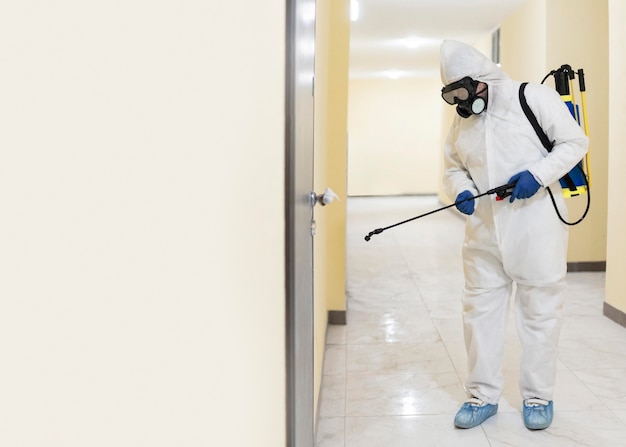
Expert Termite Inspections in Carmel Your Guide to Qualified Inspectors
When it comes to maintaining the integrity of your home, protecting it from termites is crucial. Termites can cause significant structural damage, often going unnoticed until it's too late. This makes regular termite inspections an essential part of home maintenance. In Carmel, ensuring you have a qualified inspector can be the difference between peace of mind and unexpected repair costs. This guide aims to help you navigate the process of choosing the right termite inspector, ensuring your home remains safe and secure.
Understanding the Importance of Termite Inspections
Termite inspections are vital for detecting the presence of these pests before they cause extensive damage. Regular inspections can help in:
- Identifying termite activity early, preventing costly repairs.
- Ensuring the overall safety and structural integrity of your home.
- Providing peace of mind through professional assessments.
Qualities of a Qualified Termite Inspector
Certification and Licensing
A qualified termite inspector should hold the necessary certifications and licenses to operate in the area. This ensures they have the required knowledge and expertise to conduct thorough inspections. Read more about this topic.
Experience and Expertise
Experience is a crucial factor when selecting a termite inspector. An experienced inspector will be familiar with the common places termites infest and the signs of an infestation. They should also be adept at using the latest tools and technologies for accurate inspections. Learn more in this detailed guide.
Reputation and Reviews
Checking an inspector's reputation through reviews and testimonials can provide insights into their reliability and service quality. Positive feedback from previous clients can be a good indicator of their competence. Explore further insights here.
Steps in a Comprehensive Termite Inspection
A thorough termite inspection involves several key steps to ensure no stone is left unturned:
- Initial Assessment: The inspector will start with a visual assessment of both the interior and exterior of the property.
- Use of Detection Tools: Sophisticated tools such as moisture meters and infrared cameras may be used to detect hidden termite activity.
- Detailed Reporting: After the inspection, a detailed report is provided, outlining any findings and recommendations for treatment if necessary.
For a deeper understanding of what a comprehensive inspection entails, find additional information here.
Preparing for a Termite Inspection
Proper preparation can facilitate a more efficient inspection process. Here are some tips to prepare your home for a termite inspection:
- Ensure easy access to all areas of the home, including basements and attics.
- Clear any clutter that could obstruct the inspector's view or access to potential problem areas.
- Make a note of any areas where you suspect termite activity for the inspector to focus on.
Post-Inspection: Taking Action
Once the inspection is complete, it is important to review the findings carefully. If termites are detected, following the inspector's recommendations for treatment is essential to prevent further damage. Regular follow-up inspections and preventative measures can ensure your home remains termite-free.
Protecting your home from termites requires vigilance and the expertise of a qualified inspector. By understanding what to look for in an inspector and how to prepare for and respond to inspections, you can safeguard your property effectively. For more in-depth guidance, explore further insights here.